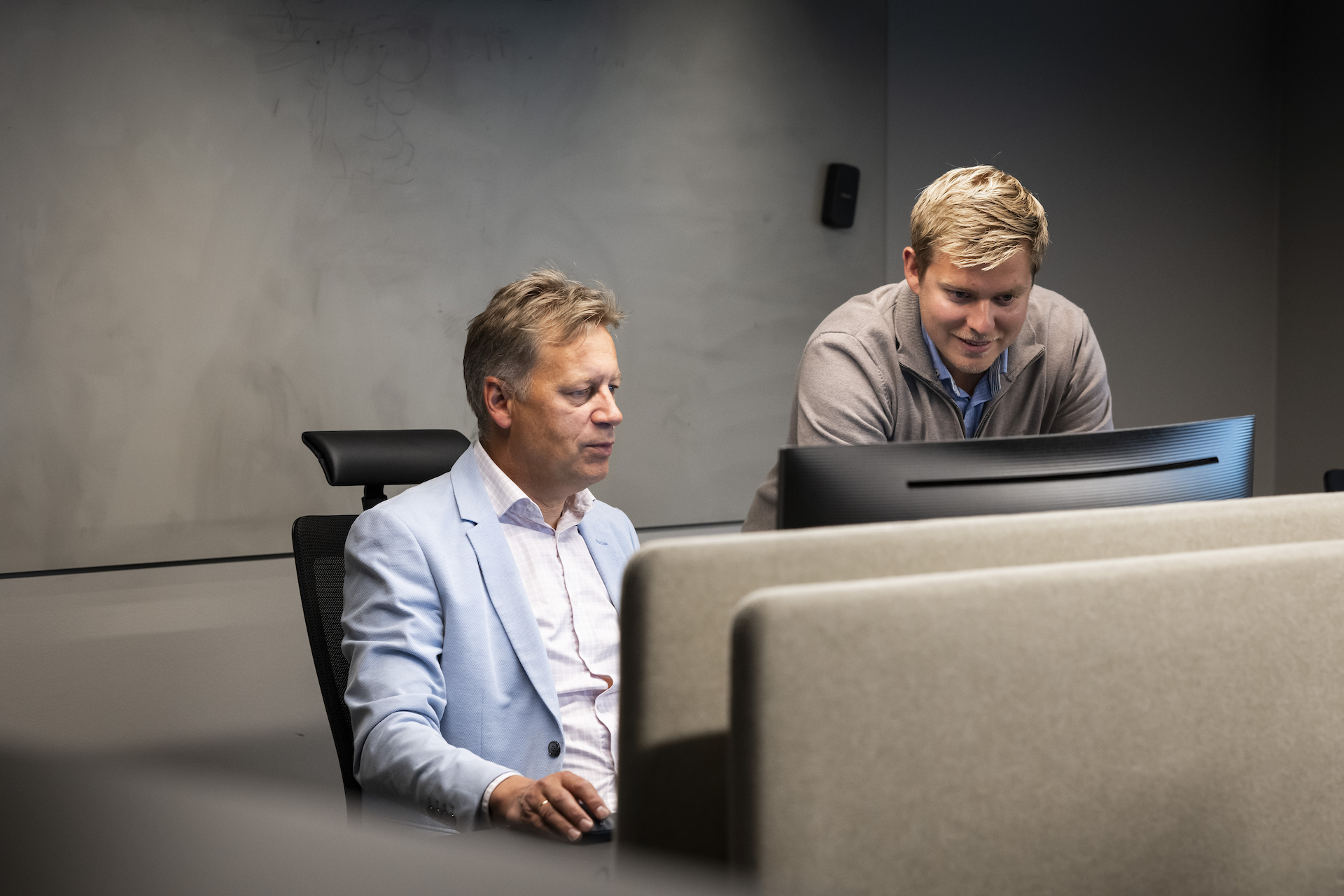Practice Green Coding with Observability
“With greener code comes lower cost.”
1 min read
 Morten Hjalland
:
Jan 11, 2022 1:15:00 PM
Morten Hjalland
:
Jan 11, 2022 1:15:00 PM

“The growing complexity of the IT services to be delivered, ever rising expectations with regard to the user experience, and end users who are less and less tolerant of faults or defects, have prompted many businesses to start using AIOps,” says Hjalland, who was previously SVP Operations at DNB, Norway’s largest financial services group.
For Kanari, the use of artificial intelligence to collate data from multiple sources is crucial. The company monitors, analyses, troubleshoots and automates systems, irrespective of platform or application.
“Today, it is almost impossible to find root causes. To find and correct faults, it is necessary for larger operations to use artificial intelligence in their incident and problem-solving processes,” he says.
By using AIOps to monitor all the different parts of the system, the IT department will quickly identify non-conformances, predict interruptions and resolve issues – without the end user noticing anything at all.
“Another important factor for organisations which use artificial intelligence is that it eliminates debate about what and where the causes of problems and faults lie,” Hjalland points out.
Kanari works with these kinds of challenges every day, across technical specialisations, customers and business sectors throughout the Nordic region.
“What we bring with us are good tools and a high level of expertise in how they should be deployed to improve the user experience, increase performance and reduce the number of faults and weaknesses in highly complex systems,” says Hjalland.

“With greener code comes lower cost.”

Over the time we have been helping Nordic companies to monitor, test and improve their IT systems, we have noticed a gradual shift in focus from...

Quantifying the financial impact The industry average for a Blue Screen of Death (BSOD) is one per every 730 hours of use. For a company with 500...